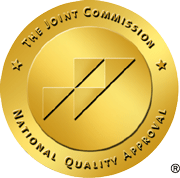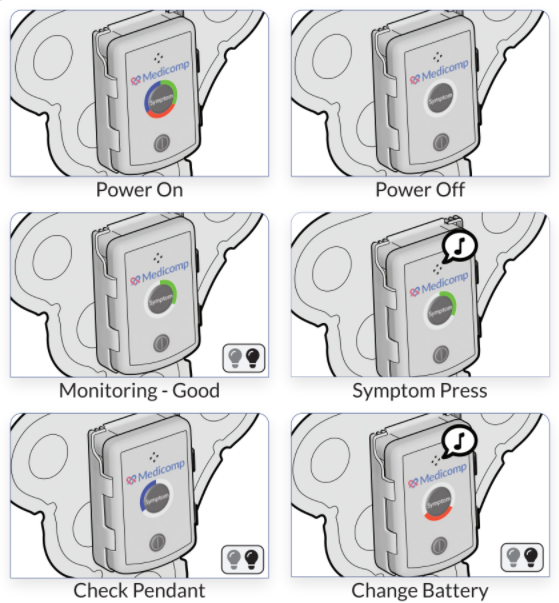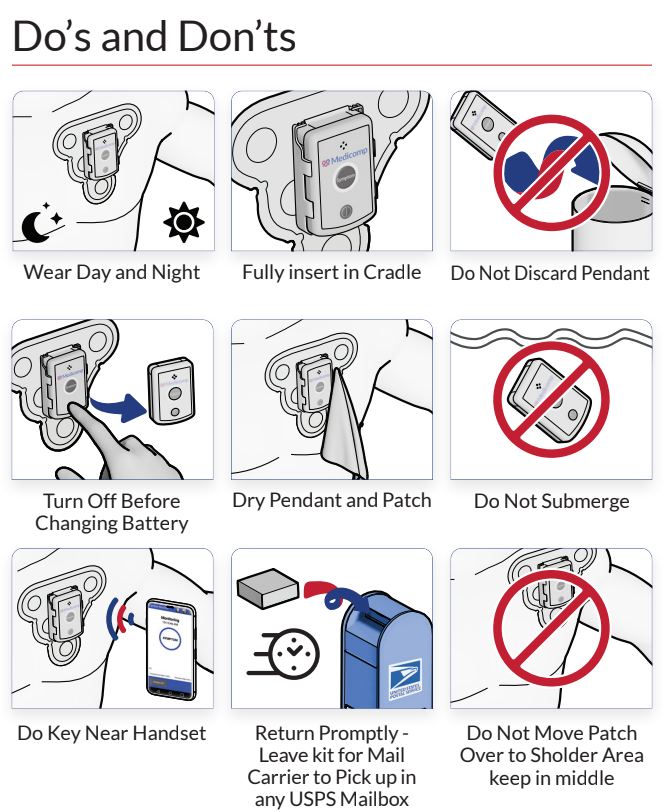June is Men’s Health Month, and now more than ever is the time for men to take charge of their body and to learn about their heart health. With heart disease being the number one cause of death in men, it’s essential to monitor your heart and overall health daily. Several health conditions can be risk factors for heart disease, including high cholesterol, high blood pressure, and diabetes.
Men’s Health Month aims to raise awareness of preventable health issues and to encourage cardiac monitoring, early detection, and treatment of disease. Believe it or not, if men reach the age of 100, they would be outnumbered by women 8 to 1; men have higher death rates for most leading causes of death including heart disease and cancer. Common factors that influence men’s health include fewer doctor’s visits for check ups and lack of health insurance.
The first thing that often comes to mind when think of men’s health is heart disease and cancer. However, men’s health goes far beyond that, and men should start health screening in their 20s.
Physical exams: It’s important for men under the age of 40 to get a physical exam at least once every three years, while men between the ages of 40 and 49 should have a physical exam every two years. Men over the age of 50 should be getting annual physical exams.
Cardiovascular health: High blood cholesterol or triglyceride levels are often a major risk factor for heart attacks. Cardiovascular screenings can reveal a person’s LDL (“bad” cholesterol), HDL (good cholesterol) and triglyceride levels. It can also reveal a person’s glucose level, which can determine your risk of diabetes.
Tobacco use: For men who smoke, their risk of dying from lung cancer is increased by more than 20 times. According to the Center for Disease Control and Prevention, men who smoke are also three times more likely to die from a heart attack. The longer a person is tobacco free, the more these risks diminish as time goes on.
Older men have a higher risk of heart disease, but that’s not to mention that younger men are completely without risk. It’s important to regularly monitor your heart and be aware of any chest pains or other abnormal symptoms, like heart palpitations and even arrhythmias. Arrhythmia monitoring may be necessary if you regularly experience abnormal symptoms and need a diagnosis from your doctor.
Taking steps to live a healthier life can greatly increase your heart health and reduce the risks that may contribute to heart disease. ReactDx specializes in providing customers with arrhythmia monitoring systems that make heart monitoring as accurate as possible. Contact us today at 800-23-HEART to find out more about our arrhythmia monitoring solutions that will help you live a healthier life.



